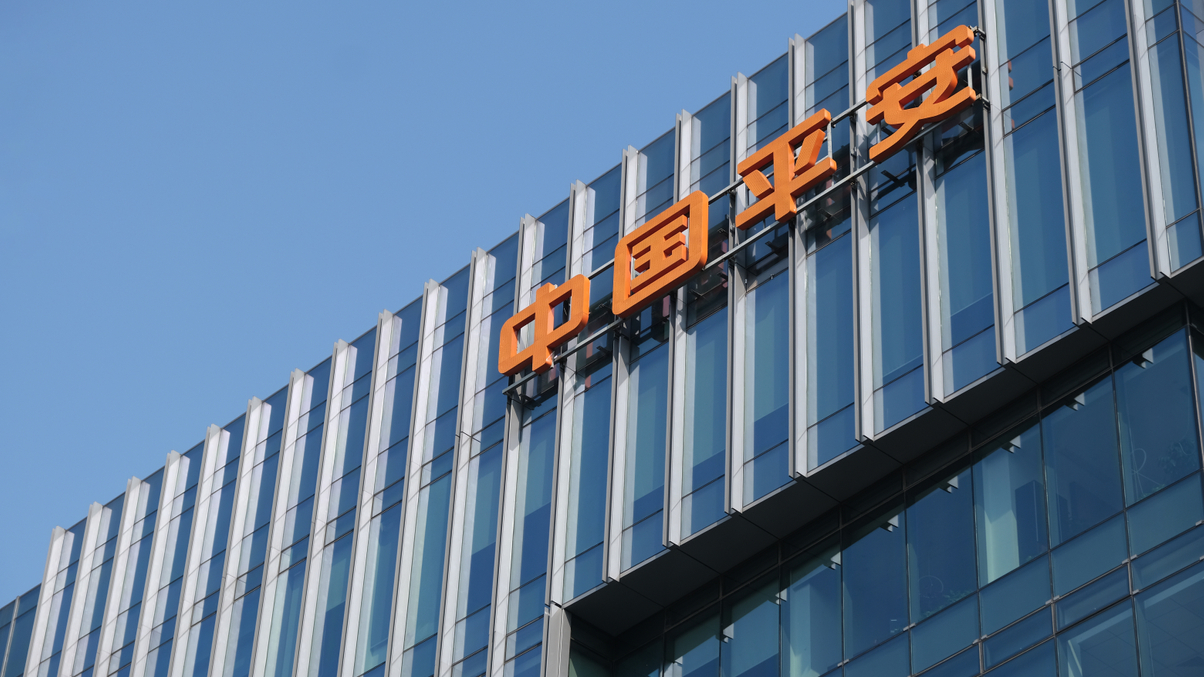Ping An posts positive 2023 returns amid China market slump
The insurer believes the Chinese market is bottoming out. It will also continue to add exposure to high-dividend stocks, which contributed to its positive return last year.

Ping An Insurance Group recorded a 3% total investment return in 2023, amid an economic slowdown in China coupled with falling interest rates and a slumping stock market.
Sign in to read on!
Registered users get 2 free articles in 30 days.
Subscribers have full unlimited access to AsianInvestor
Not signed up? New users get 2 free articles per month, plus a 7-day unlimited free trial.
¬ Haymarket Media Limited. All rights reserved.


